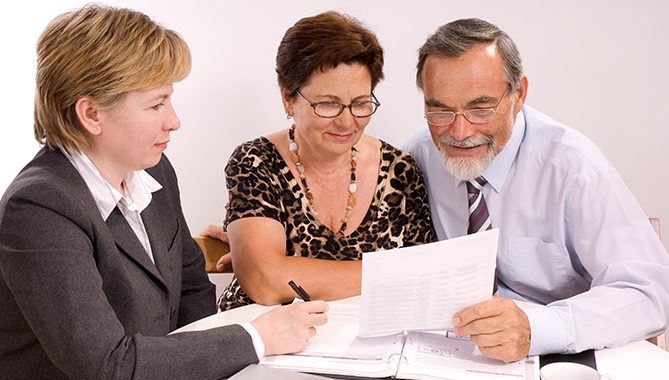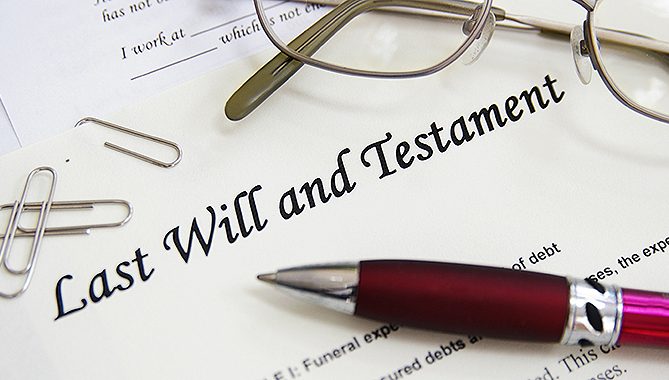 Why is the Probate Court different from other courts? While the Probate Court handles disputes, and conducts jury trials, the main focus is on helping people.
Why is the Probate Court different from other courts? While the Probate Court handles disputes, and conducts jury trials, the main focus is on helping people.
What do we mean by “helping people”? The “bundle” of Probate Court jurisdiction did not just spring up as an invention of the legislatures around the United States. From the times after the Roman era through the settlement of this country, certain officials in the various European countries presided over the areas which are now lodged in the Probate Court here. There will be a theme of “helping” as we go through these areas.
How did the Probate Court evolve here in Georgia? The first court was in Savannah, and the presiding officers were “bailiffs.” Those officers were laymen at first, and handled all court matters. In England, the Ecclesiastical Courts handled a bundle of jurisdictions including the care of widows and orphans, cases involving “lunatics,” administration of estates, admission of Last Wills and Testaments to Probate, permission for marriages, death records, and similar matters. Sound familiar? The same jurisdictional areas exercised by our present Probate Courts here in Georgia; and indeed, that bundle of jurisdictional powers were transferred from England’s Ecclesiastical Courts by the Trustees and the Governors to the colonies, and here in Georgia passed on intact though several different courts to our present day Probate Court. The only power which did not make it through the centuries is the power to defrock ministers!
What are those areas or jurisdictional powers?
- First, the Probate Court continues to grant licenses to marry. This has been part of the Probate Court jurisdiction since it was brought over from the Old Country.
- Second, the Probate Court supervises the administration of estates. This is a function which is exercised with care and close attention because, by the very nature of the process, one has passed on, and the administration of that person’s affairs can be difficult and complicated without his or her presence. Knowledge of those affairs sometimes passes away with the deceased, and life for others remaining can be difficult. The Probate Court can help.
- Third, the Probate Court decides whether a Last Will and Testament is to be admitted to Probate. A document purporting to be a will has no meaning or effect until the Probate Court “admits” the document to Probate. That simply means that the Probate Court finds, according to the rules in force, that the document is indeed the true last will and testament of the deceased person. And what an important task that is for one should be able to rely on the Probate Judge to enforce his or her last wishes and, on the other side of the coin, guard against fraud and deceit. Not only in the Probate Court helping those left behind, but the Probate Judge is also helping the deceased person.
- Fourth, the Probate Court appoints various types of Guardians and Conservators for minors as the needs of a minor may dictate. The Probate Judge also reviews reports from time to time to make sure the person appointed is properly handling the minor’s affairs and taking care of the minor. More on this in a moment.
- Fifth, the Probate Court conducts hearings to determine whether an adult may be incapacitated, in need of assistance, and if so, whether a Guardian or Conservator should be appointed for that person who then becomes the Ward. That is not the entire picture, however. The Probate Judge during this process removes civil rights and powers from the Ward which may include removal of the right to marry, to enter into contracts, to choose a place of residence, to determine medical treatment, etc., – and even remove the right to vote.
- Sixth, those powers enumerated above are original and exclusive in the Probate Court. No other court has the power to do those things.
- Seventh, the Probate Court supervises those fiduciaries, requiring surety bonds in appropriate circumstances, and generally protects the rights of heirs, beneficiaries, minors, incapacitated adults, and others who often cannot protect themselves. The duties of the Probate Judge even extend to protecting of creditors and other commercial interests according to priorities set out by the legislature.
- Eighth, miscellaneous duties have devolved upon the Probate Court over the years, such as Weapons Carry Licenses, and some of those are still present as holdovers from the days with the Probate Court Judge was know as the “Ordinary” and was the actual governing authority of the County.
The Probate Court as a “ministry”? Sometimes those words as spoken, and they are not entirely misplaced. The origins of the Probate Court was in the Old Country churches. Remaining within the Probate Court Judge’s jurisdiction are powers which are clearly designed to foster the goal of helping and protecting people. That goal is lodged in the “bundle” of powers exercised by the Probate Court alone, and that is where that “bundle” should remain. It would not be in our citizens’ best interest to entangle these functions in other courts where criminal adjudications, domestic strife, and high stake civil contests demand attention and court resources.



